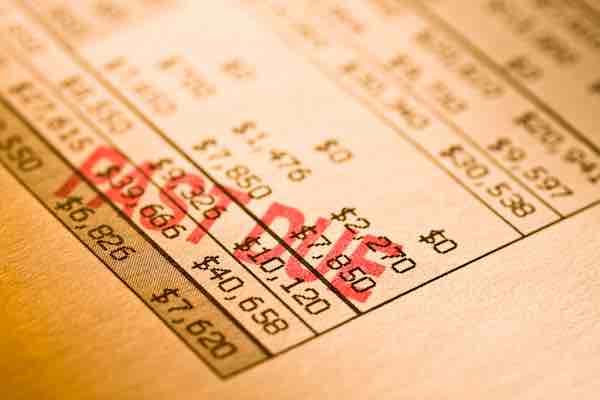The IRS recently announced that it will be using four private debt collection companies to help the agency in collecting delinquent tax debts in some limited cases.
The program was authorized by Congress under a federal law enacted in December 2015 and began the first week in April 2017.
Taxpayers being assigned to a private firm would have had multiple contacts from the IRS in previous years and still have an unpaid tax bill. Usually, these are unpaid individual tax obligations that are not currently being worked by IRS collection employees and often were assessed by the tax agency several years ago.
“The IRS is taking steps throughout this effort to ensure that the private collection firms work responsibly and respect taxpayer rights,” said IRS Commissioner John Koskinen. “The IRS also urges taxpayers to be on the lookout for scammers who might use this program as a cover to trick people. In reality, those taxpayers whose accounts are assigned as part of the private collection effort know they have a tax debt.”
How the New Program Works
The IRS will always notify a taxpayer before transferring their account to a private collection agency (PCA). First, the IRS will send a letter to the taxpayer and their tax representative informing them that their account is being assigned to a PCA and giving the name and contact information for the PCA. This mailing will include a copy of Publication 4518, What You Can Expect When the IRS Assigns Your Account to a Private Collection Agency.
Only four private groups are participating in this program: CBE Group of Cedar Falls, Iowa; Conserve of Fairport, N.Y.; Performant of Livermore, Calif.; and Pioneer of Horseheads, N.Y. The taxpayer’s account will only be assigned to one of these agencies, never to all four. No other private group is authorized to represent the IRS.
Once the IRS letter is sent, the designated private firm will send its own letter to the taxpayer and their representative confirming the account transfer. To protect the taxpayer’s privacy and security, both the IRS letter and the collection firm’s letter will contain information that will help taxpayers identify the tax amount owed and assure taxpayers that future collection agency calls they may receive are legitimate.
The private collectors will be able to identify themselves as contractors of the IRS collecting taxes. Employees of these collection agencies must follow the provisions of the Fair Debt Collection Practices Act, and like IRS employees, must be courteous and must respect taxpayer rights.
The private firms are authorized to discuss payment options, including setting up payment agreements with taxpayers. But as with cases assigned to IRS employees, any tax payment must be made, either electronically or by check, to the IRS. A payment should never be sent to the private firm or anyone besides the IRS or the U.S. Treasury. Checks should only be made payable to the United States Treasury. To find out more about available payment options, visit IRS.gov/Payments.
Private firms are not authorized to take enforcement actions against taxpayers. Only IRS employees can take these actions, such as filing a notice of Federal Tax Lien or issuing a levy. To learn more about the new private debt collection program, visit the Private Debt Collection page on IRS.gov.



